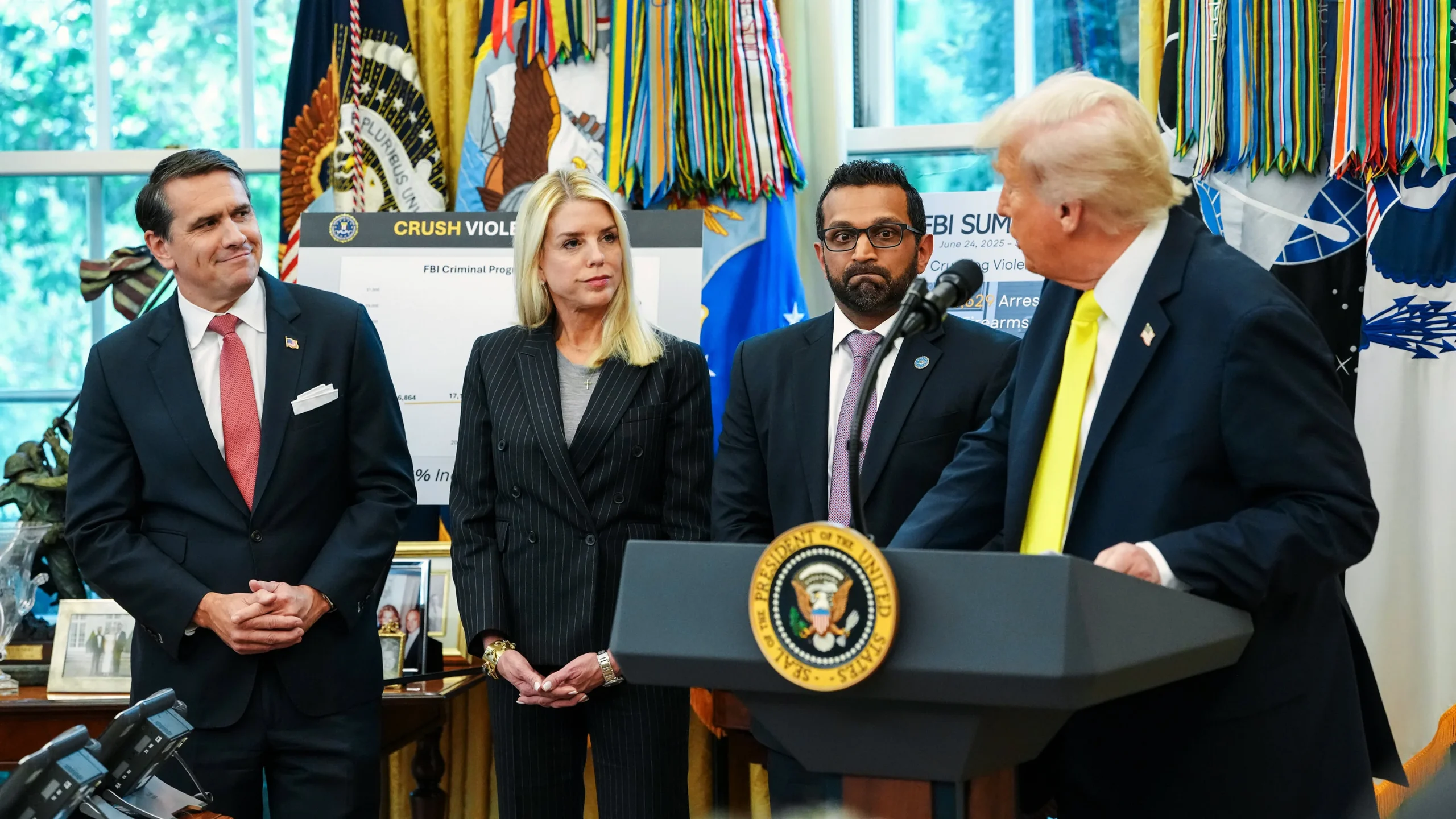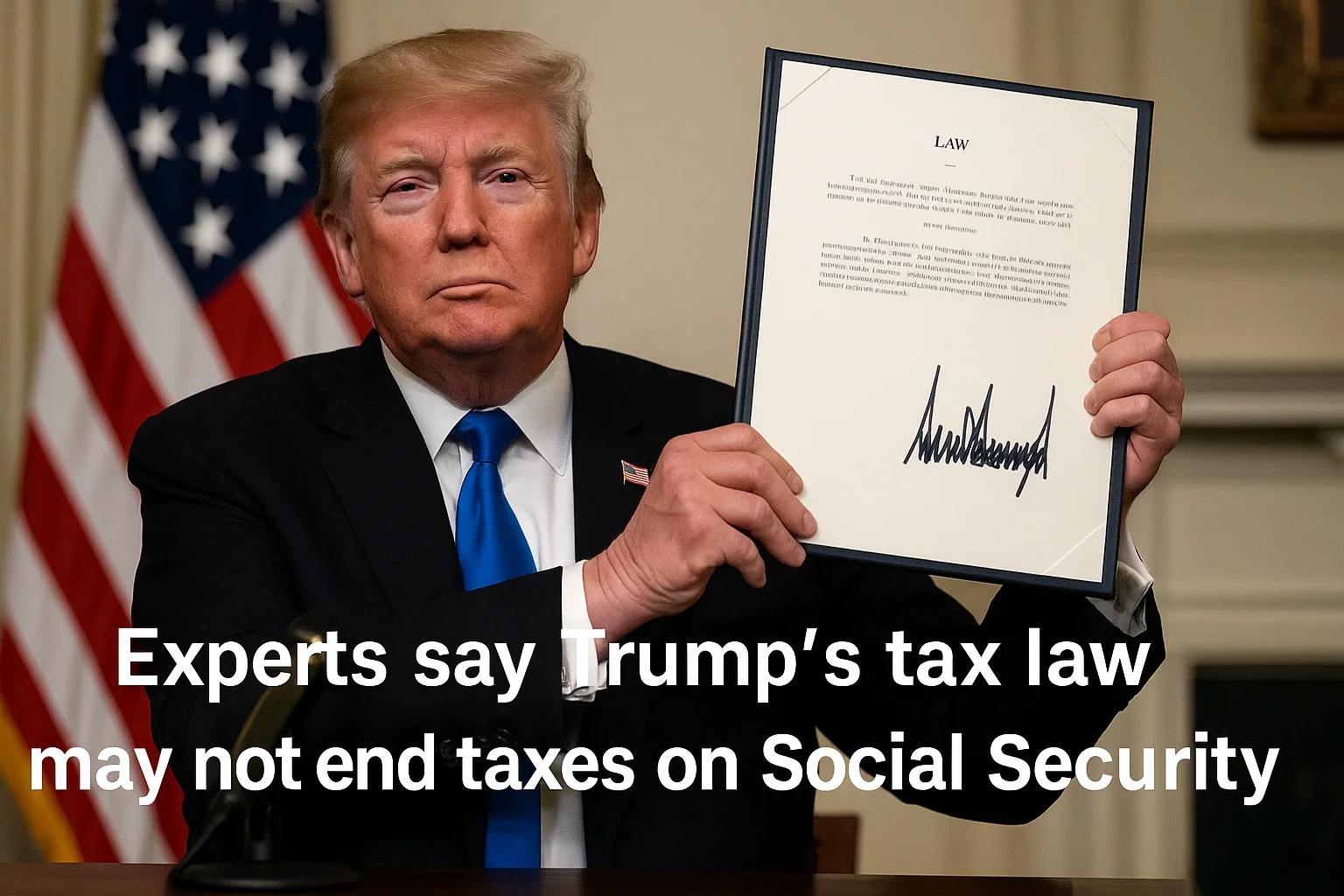Trump Threatens Nuclear Tests, Seeks $230 Million From Justice Department
30.10.2025
Explosive Timing: Nuclear Warning Minutes Before Meeting Xi
Just minutes before a long-anticipated meeting with Chinese President Xi Jinping, U.S. President Donald Trump triggered global alarm by threatening to resume nuclear weapons testing for the first time in more than three decades.
“Because of other countries’ testing programs, I have instructed the Department of War to start testing our Nuclear Weapons on an equal basis,”
Mr. Trump wrote on Truth Social, his social media platform.
Analysts interpreted “on an equal basis” to mean possible missile system demonstrations, not live detonations. The United States regularly conducts unarmed missile tests, but no nuclear warhead detonations since 1992. Still, the language rattled Washington and foreign capitals as Trump met with Xi, whose government is overseeing one of the world’s fastest-growing nuclear build-ups.
Diplomatic Whiplash: Meeting With Xi in the Shadow of Nuclear Talk
The Trump–Xi meeting, held at a South Korean military base, was expected to focus on trade, tariffs, and rare-earth export controls. Yet the tone shifted sharply after the president’s nuclear remarks.
Neither leader publicly addressed the threat, and China’s official readout avoided any reference to nuclear issues, instead urging both nations to avoid “a vicious cycle of mutual retaliation.”
The White House offered no immediate clarification. Senior officials said privately that the president’s post caught even his national security team “off guard.”
Unprecedented Legal Claim: Trump Seeks $230 Million From the DOJ
In a parallel development, Trump is pressing the Justice Department to pay him roughly $230 million in damages for what he calls wrongful investigations into his conduct — an extraordinary demand that has no precedent in American history.
The first administrative claim, filed in late 2023, seeks compensation for alleged rights violations stemming from the FBI’s Russia-interference probe.
A second claim, filed in summer 2024, accuses federal prosecutors of malicious prosecution in the Mar-a-Lago classified documents case.
“I was damaged very greatly, and any money I would get, I would give to charity,”
Mr. Trump said later at the White House, acknowledging that the Justice Department now reviewing the claim effectively reports to him.
A Conflict of Interest With No Parallel
Trump’s claim forces his own administration into a legal paradox: senior Justice Department officials evaluating whether to approve compensation to their current boss.
The officials involved include Attorney General Pam Bondi, Deputy Attorney General Todd Blanche — Trump’s former criminal defense lawyer — and Civil Division Chief Stanley Woodward Jr., who represented Trump’s aide Walt Nauta in earlier cases.
“It’s bizarre — almost too outlandish to believe,”
said a former DOJ ethics official. “You have the president’s own lawyers determining whether he should be paid by the government he runs.”
Administrative Claims: A Legal Gray Zone
Trump’s filings, made through a Standard Form 95, are administrative complaints — a process typically used before formal lawsuits. The Justice Department could reject or settle such claims quietly; there is no public disclosure requirement.
If the department rejects his claims, Trump could theoretically sue in federal court — but in practice, that seems unlikely since his subordinates are negotiating directly with his legal team.
Compensation in such cases comes from taxpayer funds.
A Justice Department in Ethical Turmoil
According to insiders, no payments have yet been made, but the claims remain active.
In July, Attorney General Pam Bondi fired the DOJ’s top ethics adviser, raising further concerns about oversight.
DOJ spokesman Chad Gilmartin insisted that “all officials follow the guidance of career ethics officers.”
Still, critics note that Trump’s disdain for recusals — including his past attacks on former Attorney General Jeff Sessions — raises the risk of unchecked conflicts of interest inside the department.
The Russia Probe and Classified Documents Angle
The second claim specifically targets former officials Merrick Garland, Christopher Wray, and Special Counsel Jack Smith, accusing them of “harassment” and “politically motivated prosecution.”
“This malicious prosecution led President Trump to spend tens of millions defending his reputation,”
the claim reads, according to two people familiar with the filing.
Legal experts view the attempt as a political statement as much as a financial demand — a way to delegitimize past investigations while Trump campaigns for reelection.
Ethical Crisis Meets Global Crisis
Trump’s dual actions — threatening nuclear testing while demanding personal compensation from the Justice Department — highlight the unprecedented intertwining of personal, legal, and geopolitical stakes in his presidency.
With allies alarmed and lawyers conflicted, Washington finds itself confronting questions the U.S. system has never faced:
Can a sitting president sue his own government, and at the same time order nuclear tests that could redefine global security?




